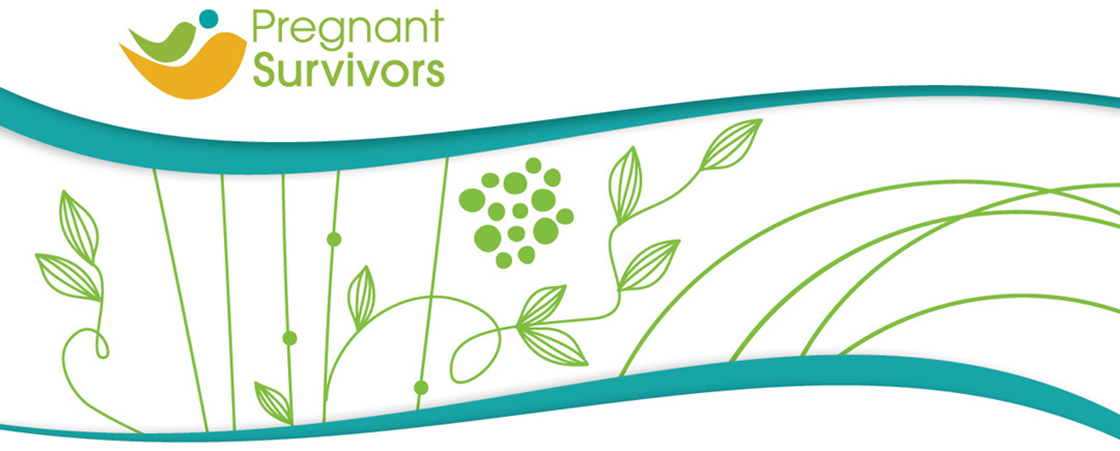“This is a concrete way to connect reproductive justice, trauma-informed care, and advocacy. Prior to this, I would have felt completely unprepared to support a survivor through pregnancy and childbirth. Now I understand my role in advocating with survivors about their reproductive health options.”
–Kelsey Peronto, Education and Outreach Coordinator, DVSAS Whatcom County
As an advocate, you are an expert in offering survivor-centered services. This Toolkit will help you as you work with women and teens who are pregnant or raising a baby, and by expanding your knowledge about reproductive coercion.
The strategies in this Toolkit were developed by advocates to enhance the services you provide and to promote advocates’ leadership in developing an integrated community response. Look them over and see which guidelines suit your work. You will find practical suggestions to help you:
- Let women know about birth control options that are less likely to be interfered with by an abusive partner
- Understand how reproductive coercion affects the women and teens you help
- Help survivors handle the trauma triggers that may affect their participation in health care or their experience of childbirth, breastfeeding, and parenting
- Connect with support professionals such as midwives and doulas who can support women who have experienced trauma
- Reach out to community partners to create a “safety net” of effective services for pregnant and parenting survivors
You may wish to start with the Overview for this Toolkit, and then move on to this section, which is specially designed to apply to advocates and advocacy programs.
- Introduction to this Section
- Prepare
- Train
- Inform
- Refer
Pregnant Survivors Practice Guidelines – DVSA Advocates (pdf)
